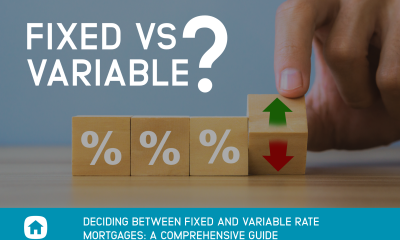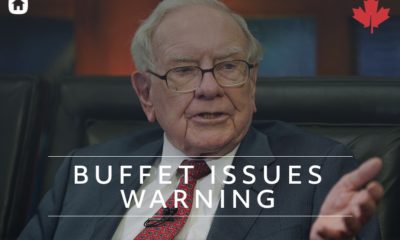TORONTO — North American stock markets have hit record highs as the longest-ever U.S. bull market stretches past a decade, prompting some investors to question when the run will come to its inevitable end and what effect that might have on their portfolios.
Timing such a market shift can be little more than guesswork, but investors should remember that a downturn is most likely unavoidable, and to be prepared, says Danielle Park, president and portfolio manager at Venable Park Investment Counsel Inc.
“Trees don’t grow to the sky. We can’t have perpetual demand cycles that have no cleansing period, we can’t have a never-ending escalation of prices.”
Park says investors big and small should carefully assess how their assets are allocated and how exposed they are to downside risk.
“If we get another significant downturn, which I think is quite likely and certainly due, people are going to again be hurt by this obsession with trying to win money or buy things that are overvalued and hope it will go up more.”
Park advises investors with equities in their portfolios to check in with the goals and exit guidelines they should have set before entering the market.
Most investors, she notes, make better exit plans for an evening at the casino than they do for their portfolio.
“They may make those decisions just sitting at a casino, saying ‘ok if we’re up $20, we’re going to take the money and go. But they don’t think of that when they’re dealing with their savings’.”
Even those who do set limits often make the mistake of shifting the rules around when things are going well, she says.
Many don’t worry about a detailed exit strategy, since they plan to remain invested for the long term. But investors should ask themselves if they’re actually prepared to ride out a market plunge of say, 50 per cent, says Park.
She compares the sometimes wild stock market ride to jumping out of a moving vehicle.
“The reality is when things start to go really terrifying, when you start to doubt the driver … what happens is people panic and jump out.”
Investors should make sure they have a savings buffer to ride out an economic downturn that could bring lost work or wages, so they don’t have to cut into their equity investments at the worst time in the market.
They should also consider shifting into safer investment vehicles to protect the principal, says Park.
“The strength and stability come from the principal, not whether you’re going to get eight or two or three per cent from your savings,” she says.
“Just having it and having it compound on itself over time is how you grow money — by not having debt payments, to use low rates to get debt-free. So it’s a different mind set.”
Park advises not to be driven by fear of missing out even as some investors seek those higher returns in all sorts of new assets like Bitcoin or the latest stock market darling.
“Once you get into that fear of missing out, you have no personal discipline, you’re racing in a race that you may not even want to be in.”
While investors assess their readiness for a downturn, Park suggests they also think more holistically about managing money to include reduced waste and spending as well as a wider concept of investment.
“It goes back to organizing your platform so that you’re not at the whim of the wild and woolly markets.”
Ian Bickis, The Canadian Press

 Buying a Home5 years ago
Buying a Home5 years ago
 Credit6 years ago
Credit6 years ago
 Business4 years ago
Business4 years ago
 5 Mortgage Secrets7 years ago
5 Mortgage Secrets7 years ago
 Buying a Home6 years ago
Buying a Home6 years ago
 5 Mortgage Secrets6 years ago
5 Mortgage Secrets6 years ago
 News12 months ago
News12 months ago
 Business4 years ago
Business4 years ago




